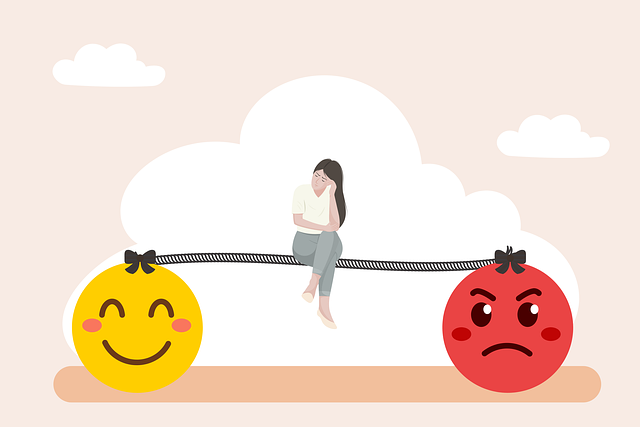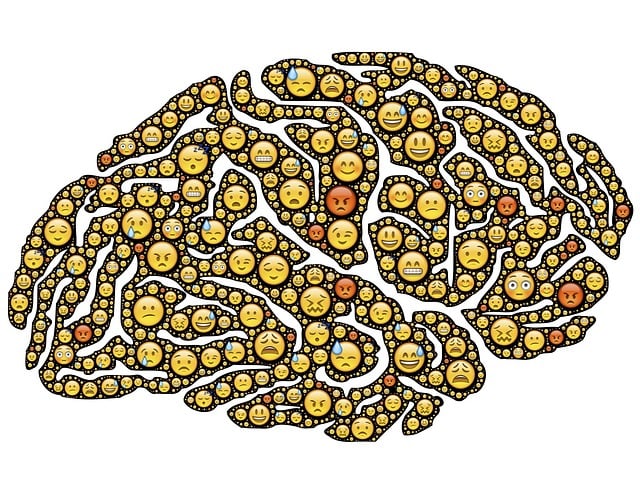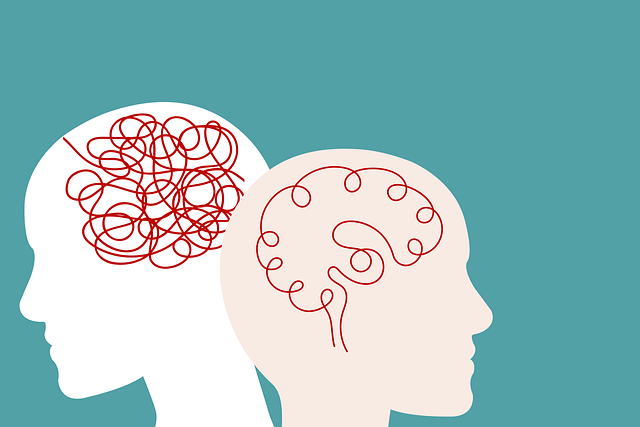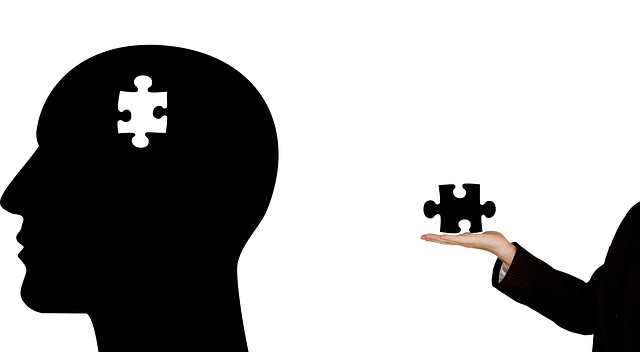Parker Young Adults Therapy emphasizes the importance of coping skills in helping young adults navigate challenges and maintain mental wellness. Using risk assessment tools, they provide tailored interventions like mindfulness practices, cognitive reframing, and problem-solving techniques. Their services also include a Mental Wellness Podcast Series for practical insights. By focusing on stress management, emotional regulation, self-care routines, and creative outlets, Parker Young Adults Therapy equips clients with effective coping strategies for demanding professions and life's complexities, fostering resilience and improved overall well-being.
Coping skills development is an essential foundation for maintaining mental well-being, especially among young adults. This article delves into various facets of this crucial process, offering a comprehensive guide for navigating stress and adversity. We explore understanding coping skills, the role of Parker Young Adults Therapy in teaching effective strategies, identifying personal mechanisms, and practical techniques for healthy development. Additionally, we discuss integrating these skills into daily life, highlighting long-term benefits and sustainability.
- Understanding Coping Skills: A Foundation for Mental Well-being
- The Role of Parker Young Adults Therapy in Teaching Effective Coping Strategies
- Identifying Personal Coping Mechanisms: Strengths and Resources
- Developing Healthy Coping Skills: Practical Techniques and Activities
- Integrating Coping Skills into Daily Life: Long-term Benefits and Sustainability
Understanding Coping Skills: A Foundation for Mental Well-being

Coping skills are essential tools for navigating life’s challenges and maintaining mental wellness. They serve as a foundation for resilience, enabling individuals to manage stress, overcome difficulties, and promote their overall well-being. At Parker Young Adults Therapy, we recognize that developing these skills is crucial for personal growth, especially during formative years when young adults are shaping their identity and finding their place in the world. Our therapy services aim to empower individuals with effective coping strategies, fostering a sense of self-reliance and adaptability.
Understanding coping mechanisms involves recognizing how people respond to stressful or traumatic events. The Risk Assessment for Mental Health Professionals plays a vital role in identifying at-risk individuals and providing appropriate support. Through tailored interventions, we guide young adults in discovering healthier coping methods, such as mindfulness practices, cognitive reframing, and problem-solving techniques. By integrating these strategies into their daily lives, they can enhance their confidence boosting abilities and better manage the inevitable ups and downs of adulthood. Our Mental Wellness Podcast Series Production offers additional resources, providing practical insights and inspiring stories to further support the development of robust coping skills.
The Role of Parker Young Adults Therapy in Teaching Effective Coping Strategies

Parker Young Adults Therapy offers a specialized approach to coping skills development, catering specifically to the unique needs of young adults navigating life’s challenges. This form of therapy recognizes that this age group often faces intense pressure from academic demands, career aspirations, and social expectations, which can contribute to stress, anxiety, and even burnout. Therefore, it focuses on equipping individuals with a range of effective coping strategies to manage these pressures.
Through interactive sessions, clients learn valuable techniques such as positive thinking exercises, mindfulness practices, and emotional regulation strategies. By fostering self-awareness and confidence, Parker Young Adults Therapy enables young adults to develop resilience and adaptiveness, crucial elements in preventing burnout, especially in high-pressure professions like healthcare. These coping skills not only enhance overall well-being but also empower individuals to navigate life’s complexities with greater ease and composure.
Identifying Personal Coping Mechanisms: Strengths and Resources

Identifying personal coping mechanisms is a vital step in fostering resilience and enhancing overall well-being. At Parker Young Adults Therapy, we emphasize the importance of recognizing one’s inherent strengths and resources as a foundation for healthy coping strategies. This involves acknowledging both internal and external factors that contribute to an individual’s ability to navigate challenging situations. By understanding personal coping mechanisms, individuals can develop a toolkit tailored to their unique needs.
Strengths such as positive thinking, problem-solving skills, and access to supportive networks are valuable resources in managing stress and adversity. Engaging in regular mental health education programs designed to teach effective stress reduction methods can empower young adults to take charge of their emotional well-being. These programs encourage individuals to explore various coping techniques, fostering a sense of self-awareness and agency in their journey towards better mental health.
Developing Healthy Coping Skills: Practical Techniques and Activities

Developing healthy coping skills is an essential aspect of maintaining and improving mental health, as highlighted by experts at Parker Young Adults Therapy. These skills enable individuals to navigate life’s challenges and stress in constructive ways, fostering resilience and overall well-being. One practical technique involves mindfulness practices such as meditation and deep breathing exercises, which can help center the mind and reduce anxiety. Regularly incorporating these activities into daily routines allows for better self-regulation and emotional control.
Additionally, engaging in creative outlets like art, music, or writing can serve as powerful coping mechanisms. These forms of expression provide an avenue for processing emotions and experiences, promoting Self-Esteem Improvement. Building a consistent Self-Care Routine Development for Better Mental Health is another vital strategy. This may include physical activities like exercise, sufficient sleep, and balanced nutrition, which not only support overall health but also enhance one’s ability to cope with life’s demands and potentially Depression Prevention.
Integrating Coping Skills into Daily Life: Long-term Benefits and Sustainability

Integrating coping skills into daily life isn’t just about managing stress; it’s a powerful strategy for long-term well-being. According to Parker Young Adults Therapy, consistent practice leads to significant benefits like improved mood management and enhanced resilience. When individuals incorporate techniques such as mindfulness meditation or self-care routine development, they create a mental health safety net that becomes an intrinsic part of their lives. This not only helps in coping with daily challenges but also fosters sustainable emotional balance.
Over time, these skills promote better adaptability to life’s ups and downs, leading to increased satisfaction and overall quality of life. Parker Young Adults Therapy emphasizes that by integrating self-care into one’s routine, individuals can cultivate a profound sense of inner peace and equilibrium, making them better equipped to navigate the complexities of modern living.
Coping skills development is a vital component of fostering mental well-being, especially for young adults. By understanding the importance of coping strategies and utilizing resources like Parker Young Adults Therapy, individuals can navigate life’s challenges more effectively. This article has explored various techniques to identify personal coping mechanisms, offering practical insights from therapy sessions. Through these strategies, one can create a sustainable foundation for resilience, enhancing overall mental health and quality of life. Integrating these skills into daily routines enables young adults to thrive, ensuring long-term benefits that resonate in all aspects of their lives.











